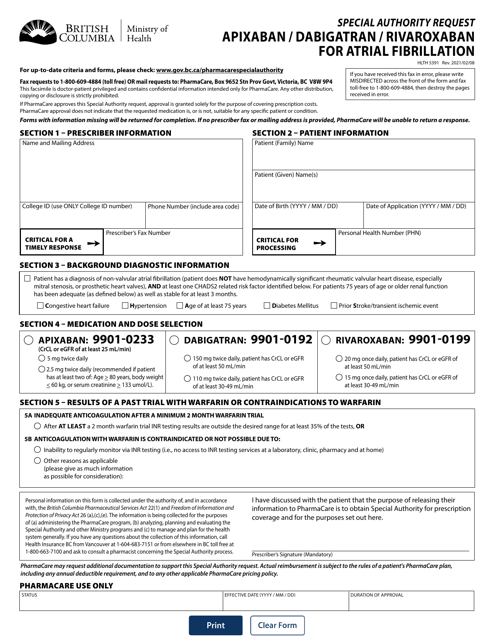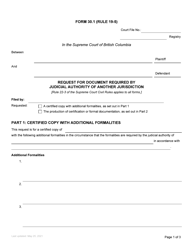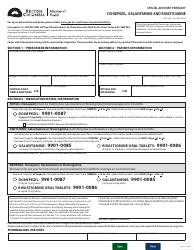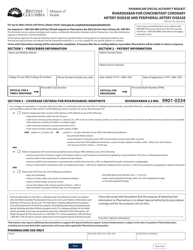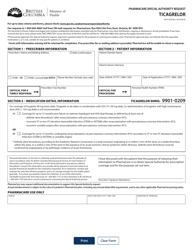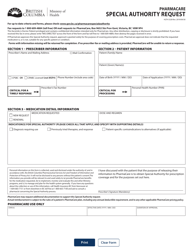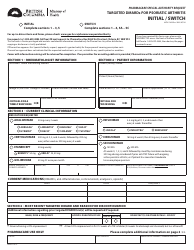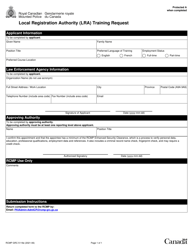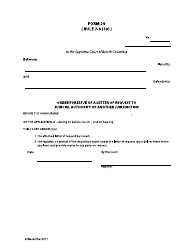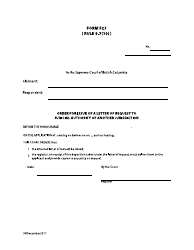This version of the form is not currently in use and is provided for reference only. Download this version of
Form HLTH5391
for the current year.
Form HLTH5391 Special Authority Request - Apixaban / Dabigatran / Rivaroxaban for Atrial Fibrillation - British Columbia, Canada
Form HLTH5391 Special Authority Request - Apixaban/Dabigatran/Rivaroxaban for Atrial Fibrillation is used in British Columbia, Canada to request special authorization for the use of these medications to treat atrial fibrillation.
In British Columbia, Canada, the Form HLTH5391 Special Authority Request for Apixaban/Dabigatran/Rivaroxaban for Atrial Fibrillation is typically filed by healthcare professionals or doctors on behalf of their patients.
FAQ
Q: What is HLTH5391?
A: HLTH5391 is a special authority request form for Apixaban, Dabigatran, and Rivaroxaban for the treatment of Atrial Fibrillation in British Columbia, Canada.
Q: What is Atrial Fibrillation?
A: Atrial Fibrillation is a heart condition that causes an irregular and often rapid heart rate.
Q: What are Apixaban, Dabigatran, and Rivaroxaban?
A: Apixaban, Dabigatran, and Rivaroxaban are medications used to prevent blood clots and reduce the risk of stroke in patients with Atrial Fibrillation.
Q: What is a special authority request?
A: A special authority request is a form that needs to be filled out by a healthcare professional to request coverage for a specific medication or treatment that may not be covered under regular benefits.
Q: Who can fill out the HLTH5391 form?
A: The HLTH5391 form needs to be filled out by a healthcare professional, such as a doctor or nurse practitioner.
Q: Why is a special authority request required?
A: A special authority request may be required to ensure that the patient meets specific criteria for receiving coverage for a medication or treatment.
Q: What other information may be required for the special authority request?
A: The special authority request may require additional supporting documentation, such as medical records or test results.
Q: Can I submit the special authority request form myself?
A: No, the special authority request form must be submitted by a healthcare professional on behalf of the patient.
